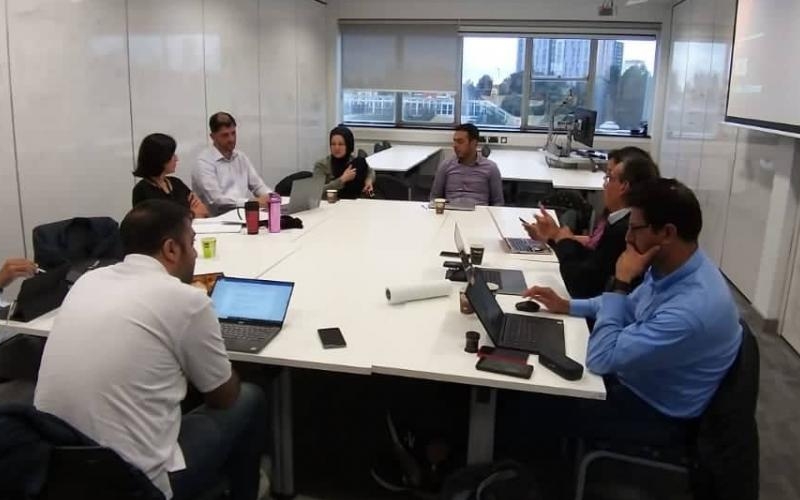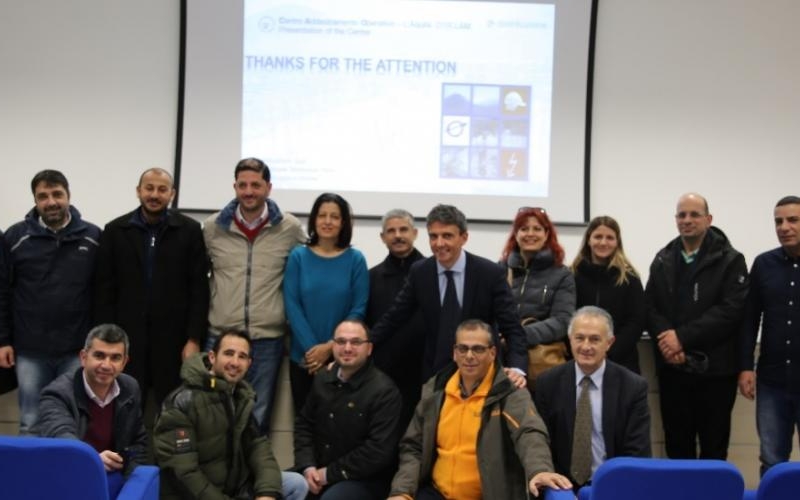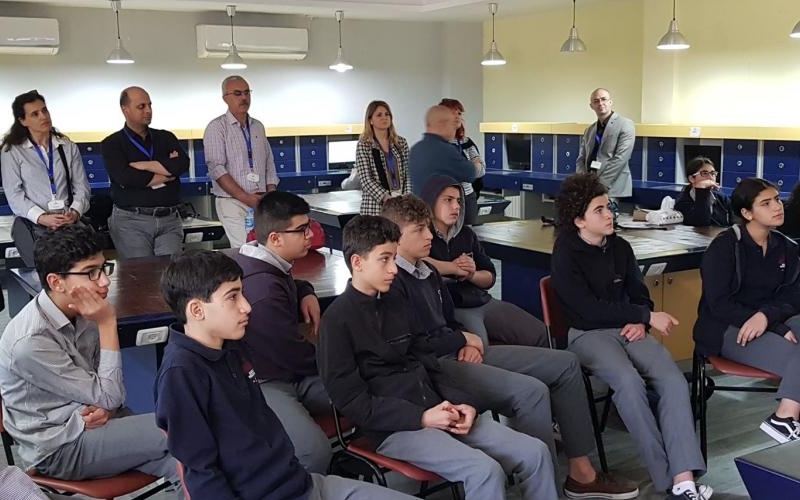Impact of the e-Academy to support Smart Cities Operations in Palestine (eSCO)
eSCO, e-Academy to support Smart Cities Operations in Palestine, is a groundbreaking project funded by the European Union that aims to develop the skills and capacities of Palestinian academics, graduates, and technicians to support the establishment and operation of smart cities in Palestine.
The project is led by Birzeit University and is organized together with Al-Quds University, the Islamic University of Gaza, the University of Salford, the University of Malaga, and the Sapienza University of Rome, along with the support of the Ministry of Telecom and Information Technology and the Ramallah Municipality.
As part of the project, researchers, instructors, professors, and students from the participating Palestinian universities will host and join needs assessment and decentralized IoT systems and security workshops as well as roundtable discussions on relevant topics. Additionally, the Palestinian faculty members will visit the partner EU universities and undertake internships in different positions at these institutions. Collaborating with their European peers, the Palestinian academics will develop courses and tutorials to be presented to the participating students and trainees, with feedback solicited to calibrate and modify the training and study material to better fit the project's goals and aims.
By focusing on cybersecurity, telecommunications, computer networks, and smart grids, the the participating academics from Palestinian universities will be able to develop innovative courses that can enhance the knowledge and skills of university students, create and present tutorials that can help bridge the gap between academia and the industry, and promote tech entrepreneurship among students and fellow academics.
The project will culminate in the establishment of an e-academy that comprises several tech-related projects focused on bolstering the relationship between academia and the private industry in Palestine. This relationship, a particular focus of the project, will be developed through the joint establishment, supervision, and implementation of projects; the creation of internship programs; the incubation of projects at universities with the help of private-industry firms, and the development of university-industry linking programs.




